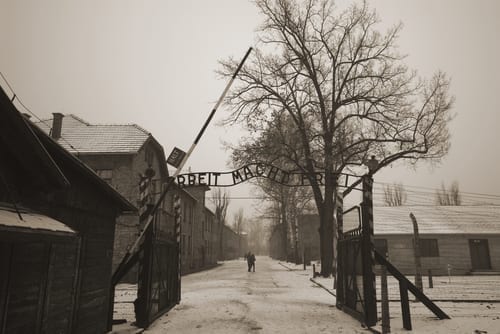Around three-quarters of the 583 people imprisoned on terror charges have now served their sentences and been released from UK prisons, with many maintaining their radicalized views. Two-thirds of those released refused to take part in prison deradicalization programs.
Among those released are 3 men who helped the four London suicide bombers plan the 7/7 attacks in 2005, 7 men who formed part of the wider circle around the failed 21/7 plot two weeks after the London bombings, and 5 people who plotted a dirty bomb attack in the capital in 2004. Also among them is Omar Khyam, who led a plot to detonate huge fertiliser bombs at a Kent shopping centre and a nightclub, and Abdullah Ahmed Ali, the lead plotter in a terror cell which planned to blow up transatlantic airliners with liquid bombs.
Some of those who were released have already gone on to reoffend. Nabeel Hussain, jailed for his part in the 2006 liquid bomb plot, is back in jail after caught trying to travel to Syria to join IS. Abu Bakr Mansha, imprisoned in 2005 for a plot to murder a British soldier, was locked up again for a jihad attack against a group of youngsters. Mizanur Rahman was jailed again in September 2016 for supporting IS.
The release of 418 terror prisoners, many from al Qaeda, is posing an increasingly difficult challenge for police and the security services, which are already stretched to the limit dealing with the threat from Islamic State-related terrorism.
Hanif Qadir, a former jihadi who now runs a counter-extremism outreach program said the prison deradicalisation scheme is “failing miserably”.
Richard Walton, the former head of Scotland Yard's counter terror command, said, “Once somebody is brainwashed with this ideology it almost feels like it is irreversible. There are very few examples from around the world where somebody has rejected IS ideology having subscribed to it before.”





